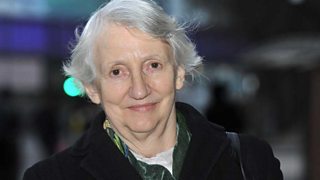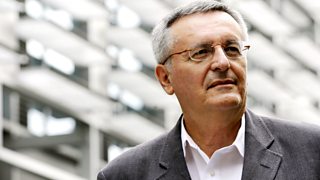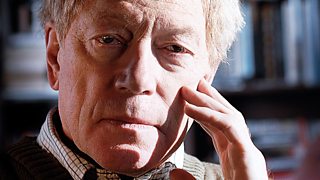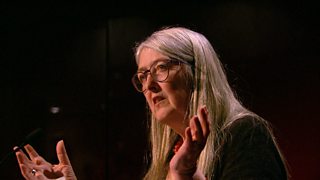A Point of View, After the Vote
A Point of View presents a series reflecting the personal perspectives of some of Britain’s leading thinkers, following the decision to leave the European Union. They explore and reflect on what the vote tells us about the country we are, and are likely to become.


Onora O'Neill
Philosopher and member of the House of Lords
Onora O'Neill criticises the standard of public debate on both sides of the European Union decision. She identifies the responsibility of the media to practise accurate and “reasonably fair” reporting. The philosopher responds to the confusion between press freedom and an individual’s right to freedom of self-expression, and asks how this democratic deficit can be repaired.

John Gray
Political philosopher
John Gray argues that Britain should look to Brexit as a new beginning and believes the result will “…change Britain in fundamental ways”. The philosopher suggests that sections of the public feel disenfranchise by the politics of the governing classes and that a “domino effect” has begun in European politics.

Peter Hennessy
Historian and academic
Peter Hennessy suggests the country's relationship with the 53 nations of the commonwealth is likely to become more significant following the EU referendum result. The historian also theorises about a new configuration of the United Kingdom - with areas outside London and South-East England gaining more authority through devolution of power. He calls the proceeding period “an age of uncertainty”, but suggests that there are “reasons to be cheerful”.

Roger Scruton
Writer and philosopher
Roger Scruton draws a comparison of those calling for a second referendum to the political behaviour of the European Union. He states “a democracy must be held together by something stronger than politics”, and that a positive future for the United Kingdom is reliant on economic growth and social trust. The philosopher explains why he feels it is the ordinary people of this country who care about democracy.

Mary Beard
Professor of Classics at the University of Cambridge
The historian Mary Beard asks whether the referendum result will change our cultural identity. Mary gives her own very personal view of "Brexit" and reflects on the "New Europe that we British seem to be about to lose".
-
![]()
A Point of View: After the Vote
Five of Britain's leading thinkers give their personal view of Brexit.
-
![]()
The Brexit Collection
A collection of programmes and content reflecting on the EU referendum result.
-
![]()
Download A Point of View
Subscribe to the podcast or download individual episodes to your smartphone.



